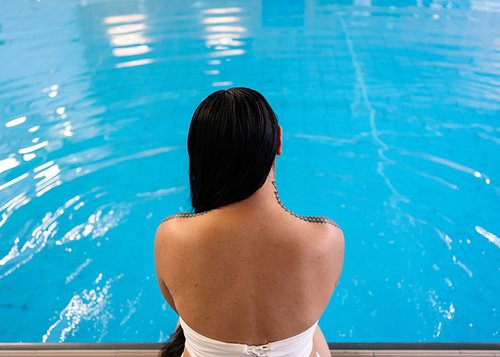Growing up with porn: Insights from young New Zealanders
The Classification Office today released new research into New Zealand youth and pornography as the nation’s lockdown sees our young people spend more time online than usual.
Chief Censor David Shanks said the new qualitative research report Growing up with porn: Insights from young New Zealanders provided useful findings that were even more relevant during a lockdown.
“This report and the resources we are launching alongside it will support parents and whānau to help their children and teens during the lockdown,” David Shanks said.
The report, based on in-depth interviews with more than 50 diverse young people from across the country, is the culmination of three years’ work for the Classification Office. It follows the nationally representative survey NZ Youth and Porn (2018) and an analysis of the content of mainstream porn – Breaking Down Porn (2019).
“It will be a surprise to no one that young people use porn for sexual arousal, but it may be news for some that they also commonly use it to learn about sex, sexuality and gender - even when they know it presents an unrealistic and at times unhealthy view of all those things,” David Shanks said.
“The young people told us that when it came to porn, issues around consent, body image, gender and sex education were what mattered most to them. They were less concerned about issues that are often raised like addiction or aggression.”
Key findings were:
- Porn is normalised for young people, whether they watch it or not.
- Young people are curious about sex and porn is a default learning tool.
- Girls watch porn too, for similar reasons as boys, but see a double standard.
- Porn can have a negative impact on body image/confidence.
- They think it can negatively influence sex.
- Young people and adults are not talking about porn.
- Young people want comprehensive sexuality education which includes information about porn.
- Young people had varying views about filters or age verification, but agreed that children shouldn’t have access to porn.
“The clear takeaway from this research is that young people need the adult in their lives to be able to talk with them, rather than take a blanket negative approach to the topic. Extreme negative attitudes makes it harder to have open conversations about their concerns, and contributes to feelings of guilt, shame and anxiety around porn use,” David Shanks.
“Easy online access has, to a certain extent, ‘normalised’ porn for our young people - regardless of whether or not they watch it, it’s a part of their world. Despite their diverse backgrounds and beliefs, participants overwhelmingly supported more and better education about porn within a context of comprehensive sexuality education.
“Young people are saying that good, clear and honest discussion and education will provide them with a counter-balance for the stories around sex and consent that porn is telling them.
“They’ve shown us the way forward, when it comes to equipping them with the twenty first century life skills necessary for navigating their digital lives, healthily and safely. It’s up to us to listen, and to act on it.”
The Classification Office has developed resources to help parents and whānau have the porn conversation here.
Subscribe to our news
Stay up to date with news from the Classification Office.


